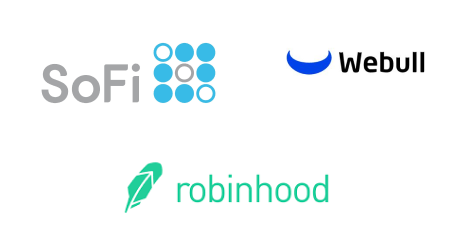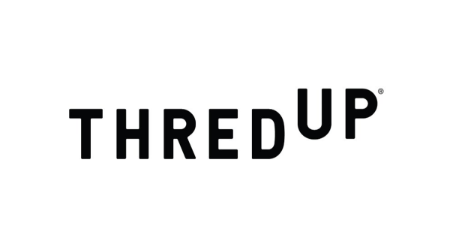
Stock Trading
The marker order and limit order are the two fundamental execution options when buying and selling stocks.
Sheri Bechtel is associate editorial director of product reviews at The Balance and a former editor at Finder, specializing in investments. Her writing and analysis has been featured in Yahoo News, Bond Buyer and Prospect News. She holds a B.A. in English from Columbus State University.



4 articles written by this author

The marker order and limit order are the two fundamental execution options when buying and selling stocks.

Thinking of switching from Moomoo? Here are 5 apps like Moomoo that offer valuable benefits


Steps to owning and managing TDUP, with 24-hour and historical pricing before you buy.
Finder.com is an independent comparison platform and information service that aims to provide you with the tools you need to make better decisions. While we are independent, the offers that appear on this site are from companies from which Finder receives compensation. We may receive compensation from our partners for placement of their products or services. We may also receive compensation if you click on certain links posted on our site. While compensation arrangements may affect the order, position or placement of product information, it doesn't influence our assessment of those products. Please don't interpret the order in which products appear on our Site as any endorsement or recommendation from us. Finder compares a wide range of products, providers and services but we don't provide information on all available products, providers or services. Please appreciate that there may be other options available to you than the products, providers or services covered by our service.
We update our data regularly, but information can change between updates. Confirm details with the provider you're interested in before making a decision.
How likely would you be to recommend Finder to a friend or colleague?
Our goal is to create the best possible product, and your thoughts, ideas and suggestions play a major role in helping us identify opportunities to improve.